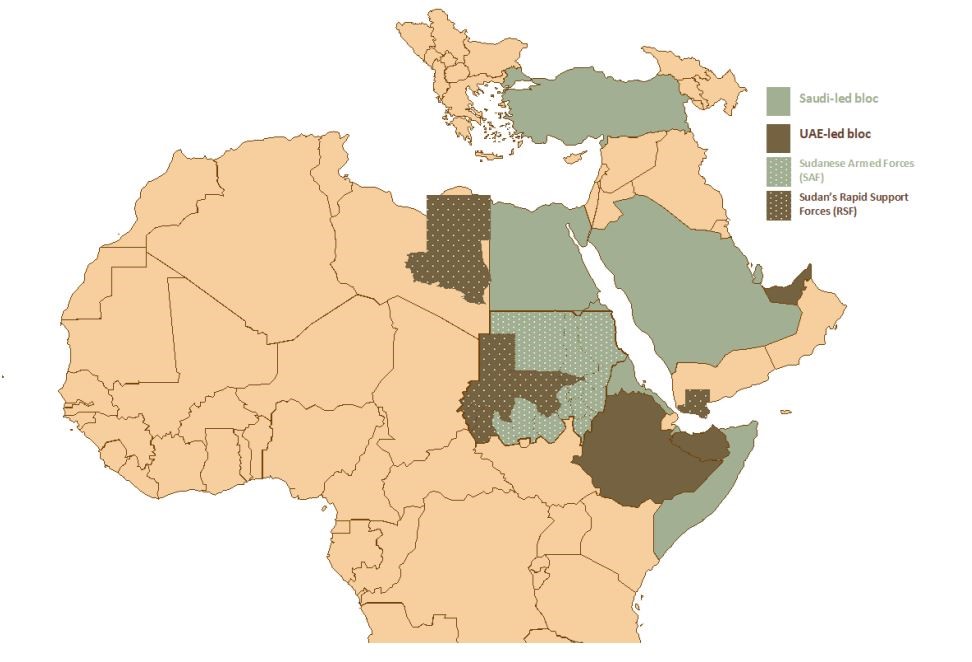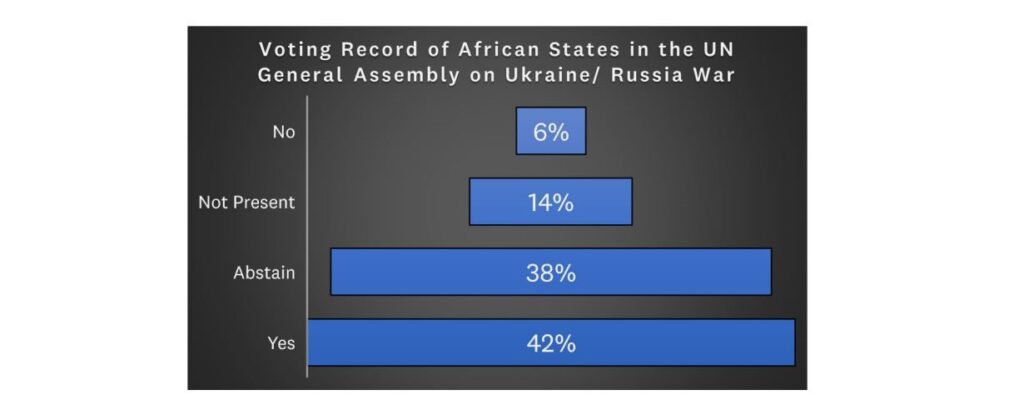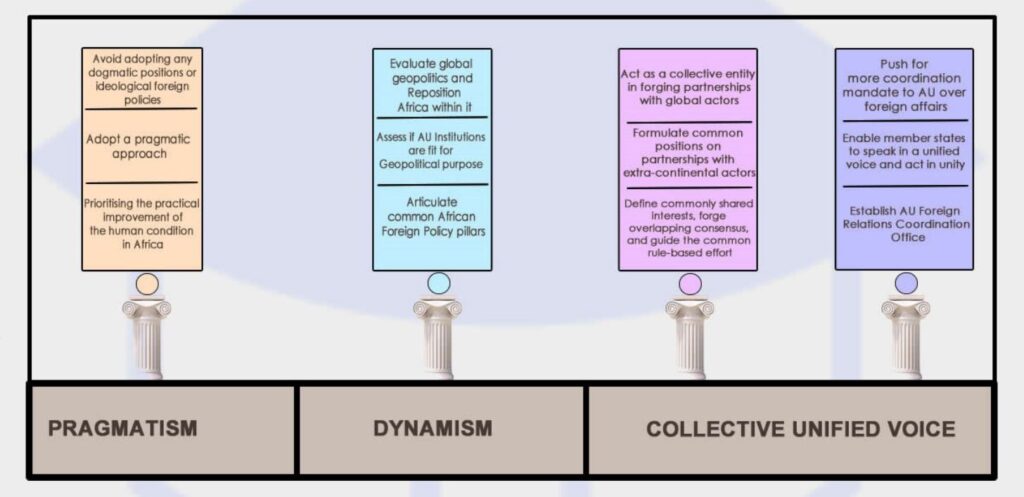Originally Published on: UNU – CRIS
CIA Director William J. Burns in his compelling speech titled ‘A World Transformed and the Role of Intelligence’ incisively pointed the pivotal strategic dilemma Africa, and the Global South are confronting due to increasing geopolitical competition.
“In a more volatile and uncertain world, in which power is more diffuse, the weight of the hedging middle is growing — economically, politically and militarily. Democracies and autocracies, developed and developing economies, and countries from the Global South and other parts of the globe, are intent on diversifying their relationships in order to expand their strategic autonomy and maximize their options. These countries see little benefit and lots of risk in monogamous geopolitical relationships. Instead, we’re likely to see more countries pursue more open relationships than we were accustomed to over several post-Cold War decades of unipolarity. And if past is precedent, we ought to be attentive to rivalries between so-called middle powers — which have often been the match that ignited collisions between major powers.” (Burns, 2023)
The geostrategic significance of Africa is becoming increasingly evident as major and regional powers compete for influence in the region. However, this competition may lead to damaging outcomes for Africa that outweigh any potential gains. Currently, there is a metaphorical ‘race to the bottom’ underway, where external powers prioritize their interests over the welfare and stability of African nations. Such a dynamic risks exacerbating local conflicts, undermining governance, and impeding sustainable development on the continent. This paper evaluates the impact of this competition on Africa’s governance, peace, security, accountability, and governance legitimacy. The geopolitical landscape in the Middle East and Africa is undergoing significant changes, with traditional powers being challenged and new alliances emerging. Key factors influencing this shift include the Gaza war, the Abraham Accord, and the Saudi-Iran rapprochement under Chinese auspices. The United Arab Emirates (UAE) and the Kingdom of Saudi Arabia (KSA) increasingly occupy pivotal positions, impacting the peace and security of African nations amid a perceived decrease in the United States’ (US) influence and reputation. The growing roles of Russia and China add complexity, with regional powers such as the UAE and KSA extending their influence into Africa, competing for resources, influence, and markets. These developments are part of a broader multipolar dynamic, with shifting focuses from traditional conflicts such as the Gaza war towards broader geopolitical strategies. The rivalry between the Saudi-led and the UAE-led blocs is reshaping regional dynamics, with both blocs actively engaging in proxy wars and power politics across the Horn of Africa and North Africa. The involvement of Russia and Turkey in various regional contexts further complicates the situation.

Figure 1: Two UAE and KSA led blocs, Author 2023
Internationally, the US’ diminishing role, attributed to policies initiated during Barack Obama’s presidency and internal governance challenges, has led to the delegation of regional responsibilities to Middle Eastern countries. This shift is mirrored by the European Union’s (EU) decreased engagement owing to economic and migration challenges.
Two decades after its establishment, the African Union (AU), facing its own internal existential struggles, has limited efficacy in mediating conflicts and resisting external interference, highlighting the reduced agency of African nations in their own affairs. These changes signify a reconfiguration of global power dynamics, influenced by the strategic manoeuvres of regional powers and the changing roles of traditional global leaders.
In contrast, Africa will experience escalating pressure from both great and middle powers to align with specific sides. Owing to the ineffectiveness of the multilateral system and the dispersed power polarity, the continent is poised to encounter numerous strategic policy dilemmas and challenging questions regarding partnerships. Consequently, Africa will need to make tough decisions on various global issues. A crucial question arises: On what basis should Africa make these decisions? What principles should guide the decision-making process in this context?

Figure 3: Author, 2023, Average Voting Record of African States in the UN Resolutions (Data from Gopaldas, 2023)
This paper also examines the effects of these dynamics on multilateral organisations such as the AU and it argues that as Africa grows in geopolitical importance, pan-African strategies that amplify its voice in the global system are needed to counter fragmentation and foster unilateral external action by African nations. The paper concludes by emphasising the need for African agency, pragmatism, dynamism, and collective action.

Figure 4: Author 2023
The Biden Administration’s policy towards the Government of Eritrea (GSE) seems to have taken a radical turn since November 2023. The new US Integrated Country Strategy (ICS) for Eritrea, reviewed and updated on November 17, 2023, indicates the urgency of this policy shift, stating (US Department of State, 2023, p 3):
As a priority, the [US] Embassy will continue to encourage Eritrea to become a proactive and constructive member of the international community, including the continued pursuit of improved relations with neighboring countries and within the region. While sanctions remain in place, the embassy will endeavor to open communication lines to establish commonalities that serve the interests of the people of both countries.